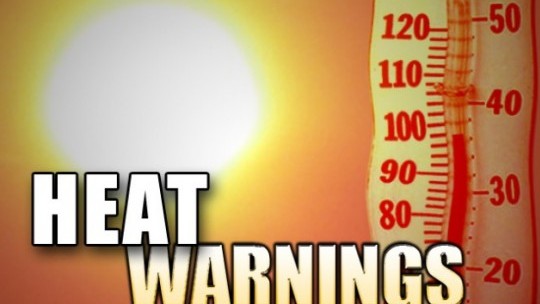The Meteorological Service is predicting that there will be more intense heat across the island in coming weeks - and a strong possibility that drought conditions will continue
Climate Service Specialist at the Meteorological Service Glenroy Brown, says some of the temperatures being experienced for the past week have been unprecedented although the highest temperatures are usually recorded in July and August.
Brown states that in some areas the temperatures have risen by up to 3 degrees Celsius when compared to last year.
“When we compare temperatures to last year and last year was the fourth warmest year on record - and this year, in June, which is not usually our hottest month - we are already seeing as much as three degrees above what it was last year. The highest temperatures actually occurred in the Corporate Area, but even in St. Elizabeth, temperatures increased by as much as two degrees over what it was last year,”said the Climate Service Specialist, who was a guest on Beyond The headlines.
He also raised concern about the effects of the inadequate rainfall.
“Hotter days are coming, we have a serious concern because we just came out of our secondary rainfall season and we did not get the rainfall that we needed to carry us through our mid-summer drought. And that is why the National Water Commission has put something in place to control the water available to us right now,’ he said.
Meanwhile, a warning is coming from Professor of Caribbean Sustainable Development at the UWI, Mona, Anthony Clayton, to cut down the use of air conditioners.
He says other practices should be employed for more long term benefits to the environment.
“Air conditioning is actually adding to the problem because older types need more energy to run and if we are getting our energy from fossil fuels and that’s actually increasing the rate at which we are adding carbon to the atmosphere, making the problem worse. We have to look at things like replacing our existing buildings with net zero and energy plus buildings. At that point, we can start closing down our power stations and using smart buildings to meet our energy needs,” he said.








 All feeds
All feeds







